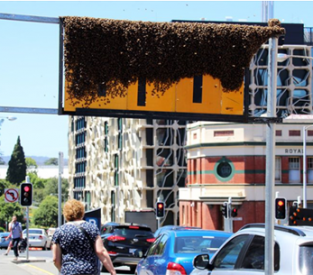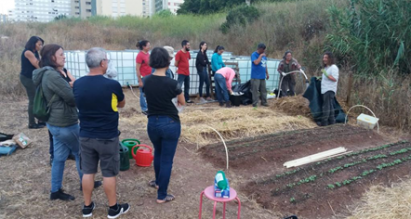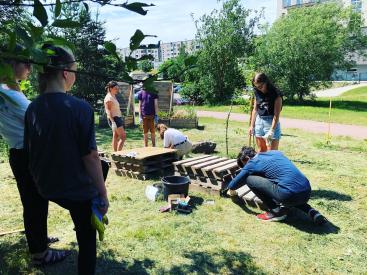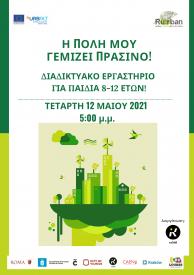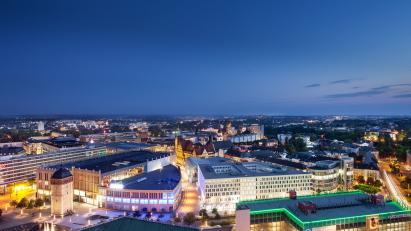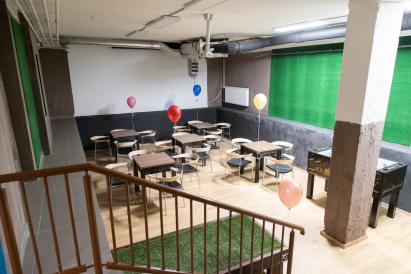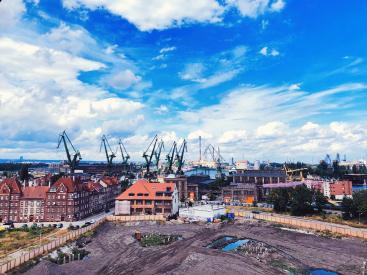“Rumourless Cities”, a communication project for diversity and integration – the challenge in the city
Amadora has assumed a strategy of building channels of knowledge and communication within it’s special multicultural context that includes citizens represented by 104 nationalities. Amadora today, draws its identity from the value its ethnic, cultural and social diversity. It is a city that rewrites itself through the resilience of different stories of migration.
Using action-research methodology, problems were diagnosed and discriminatory content about migrants in the city of Amadora were identified: “did you know that...” outlined a new communication alignment to integration, proximity to its residents, access to opportunities, restoring the truth and valuing the role of the migrant at the economic, social, educational and judicial level for the construction and development of the city.
The implementation of the campaign “Do not Feed the Rumour” integrated in the joint EU/Council of Europe project “Communication for Integration: Social Networks for Diversity (C4I)”, involved a wide local social network.
The campaign was selected by the URBACT Programme as “good practice” and was subsequently selected as one of 23 networks for the transfer of good practice. Thus, the Rumourless Cities Network (RC) was created, led by the municipality of Amadora and involving five other European cities: Alba Iulia (Romania), Cardiff (United Kingdom), Hamburg - Altona (Germany), Messina (Italy) and Warsaw (Poland).

